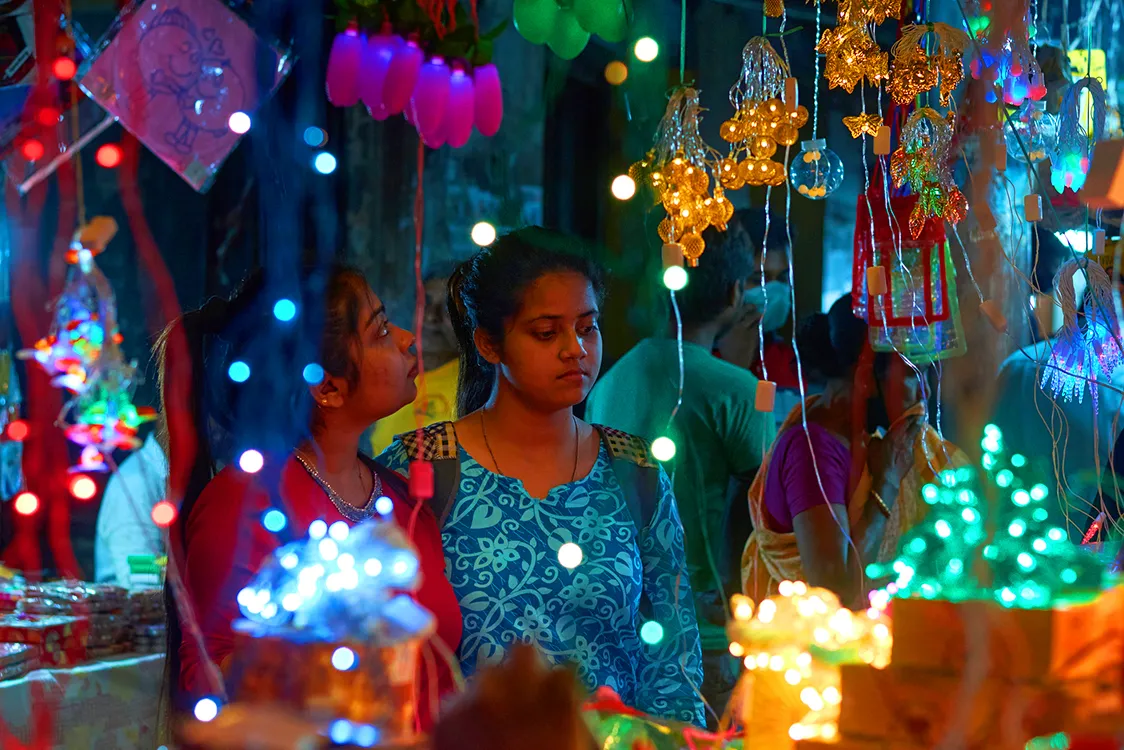Given that the virus continues to cause infections, it is still premature to declare the pandemic over.
In New Delhi: The coming days are crucial because, according to experts, an increase in Covid-19 infections is anticipated due to increased social interactions around Diwali.
As long as the virus spreads infections, it is still premature to declare the pandemic over.
Anurag Agrawal, a former leader of the Insacog laboratory consortium and the chair of the World Health Organization’s (WHO’s) Technical Advisory Group on Virus Evolution, stated, “I don’t think much will happen in India, but there are too many new variants circulating to declare victory.”
While the virus is still actively spreading, the pandemic is technically still ongoing. “For instance, Singapore is once more experiencing a rise in hospital admissions, albeit almost exclusively among the elderly. We cannot declare it to be over. However, there is no immediate threat, “added Agrawal. “That (claiming the pandemic is over) would be scientifically incorrect, and as far as I can tell, we are back to normalcy.”
The country is experiencing new recombinant variants of Covid-19, according to the Indian SARS-CoV-2 Consortium on Genomics (Insacog), which held its review meeting on Friday.
According to a knowledgeable source who asked to remain anonymous, the good news is that hospitalization hasn’t increased. He said India must maintain a strict vigil on the virus that is in circulation, adding that monitoring is the key.
Although India is now observing new Omicron sub-variants like BA.5.1.7 and BF.7, he insisted that there was no cause for concern. “It has not resulted in any appreciable rise in hospitalizations or cases.”
With the test positivity rate increasing by more than 2% over the last few days, Delhi is experiencing an increase in cases. According to a health bulletin, there have been more than 100 new cases in the capital over the past few days. This comes after a sharp decrease in cases.
Politically and socially, the pandemic is over for the majority of the world, according to virologist Shahid Jameel of the University of Oxford. However, by the definition of the WHO, it has not ended. He claimed that every WHO administrative region is still experiencing infections due to the virus. After Diwali, experts predict an increase in cases but no new wave. They anticipate it being “manageable.”
A senior physician who wished to remain anonymous said, “Given the high prevalence of antibody positivity and vaccine coverage, only a slight increase of Covid-19 may occur after the festival.”





